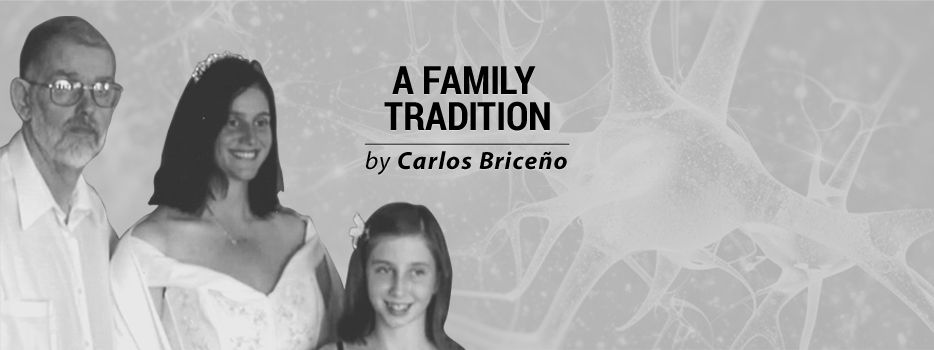The Protective Mindset of a Caregiver
Written by |

I’m protective, a trait typical of most men.
For example, I will drive for 18 hours across the country while my wife sleeps in the passenger seat. Jill has trouble sleeping in general, and the motion of the car acts as a sedative, rocking her to sleep. Long car trips are often the only times she sleeps that deeply.
The long drive usually makes my lower back hurt, and my fingers cramp up from gripping the steering wheel in one position for long periods of time. I also get very tired. But all those inconveniences melt away when I glance at her curled up next to me, totally relaxed and snoring. I’m happy as a result.
She’s happy, too, because she appreciates the opportunity to sleep.
But there are times when she argues with me because I’m too protective. For instance, when we arrive home after grocery shopping, she wants to carry the collapsible grocery storage carriers we keep in the trunk. These carriers become quite heavy when you place multiple grocery bags inside of them.
Jill has shoulder problems, so carrying heavy objects is often not fun for her. But she always tries to grab one or two of the storage carriers. I tell her no. She counters that she only wants to help. This back-and-forth has gone on for years.
However, my need to protect always wins, and I end up carrying the majority of the heavy grocery bags up the stairs of our home.
One of the many things I respect about Jill is her toughness. She rarely complains, even when she’s in pain due to her shoulder, the hives she has battled for months, or another issue. She rarely whines that she has Huntington’s disease, either.
The apple doesn’t fall far from the tree. She has told me her father never complained about the deterioration he experienced once Huntington’s started taking over his mind and nervous system relentlessly.
Just as a caregiver has to accept the responsibility of caring for someone who needs help, the one who is suffering also has to accept that she cannot do as much as she used to. She will have to accept that she is vulnerable and dependent, which means learning the kind of humility that comes with losing control of your muscles and mind — several of Huntington’s main characteristics.
But many caregivers must also learn to grow in humility by accepting the fact that, no matter how much you want to protect the one you love, her terminal illness progression is out of your hands.
In learning humility, you learn what children know so well: Being dependent means you are open to the kind of love that transforms.
That’s my goal: to love Jill so much as her disease progresses that it transforms her illness from a journey full of despair to one like the drives we take across the country, in which she feels safe and protected enough to dream sweet dreams for hours.
***
Note: Huntington’s Disease News is strictly a news and information website about the disease. It does not provide medical advice, diagnosis, or treatment. This content is not intended to be a substitute for professional medical advice, diagnosis, or treatment. Always seek the advice of your physician or other qualified health provider with any questions you may have regarding a medical condition. Never disregard professional medical advice or delay in seeking it because of something you have read on this website. The opinions expressed in this column are not those of Huntington’s Disease News or its parent company, Bionews, and are intended to spark discussion about issues pertaining to Huntington’s disease.






kathy
I meant to give this a 5 rating! Thank you so much for your insights for all of us.
Carlos Briceño
Thank you!